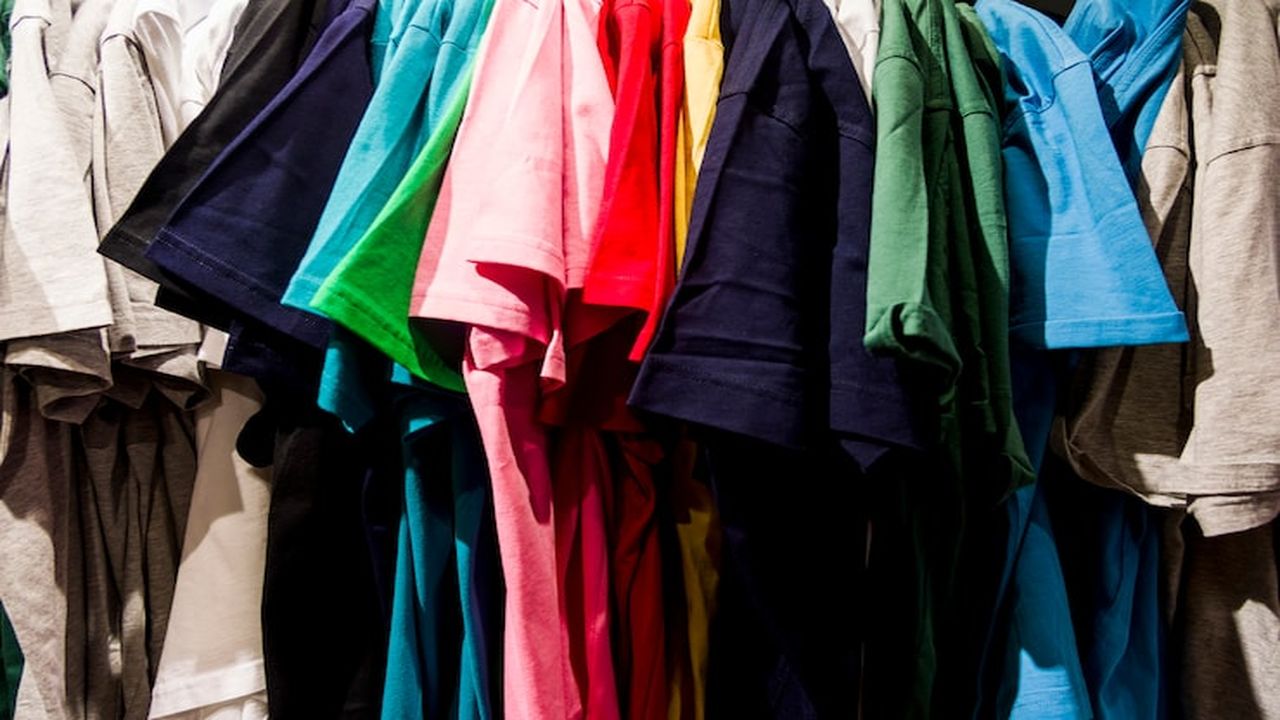 In a groundbreaking move, Vestiaire Collective is set to revolutionize the fashion industry by introducing a carbon credit scheme tied to pre-owned luxury fashion purchases. This innovative initiative, the first of its kind in fashion, aims to monetize the environmental benefits of circular fashion practices. By selling certified carbon credits based on avoided emissions, the company is not only showcasing its commitment to sustainability but also setting a new standard for industry players. With a focus on transparency and impact, Vestiaire Collective is leading the charge towards a more sustainable future in fashion.
In a groundbreaking move, Vestiaire Collective is set to revolutionize the fashion industry by introducing a carbon credit scheme tied to pre-owned luxury fashion purchases. This innovative initiative, the first of its kind in fashion, aims to monetize the environmental benefits of circular fashion practices. By selling certified carbon credits based on avoided emissions, the company is not only showcasing its commitment to sustainability but also setting a new standard for industry players. With a focus on transparency and impact, Vestiaire Collective is leading the charge towards a more sustainable future in fashion.
The Rise of Circular Fashion Initiatives
The fashion industry is undergoing a significant transformation driven by sustainability imperatives, with companies like Vestiaire Collective leading the charge. By introducing a pioneering carbon credit scheme tied to pre-owned luxury fashion purchases, Vestiaire Collective is setting a new standard for the industry. This move not only showcases a commitment to sustainability but also highlights the potential for circular fashion practices to have a tangible environmental impact. The company's focus on selling certified carbon credits based on avoided emissions is a strategic decision that aligns with the growing consumer demand for eco-conscious products. As more consumers prioritize sustainability in their purchasing decisions, initiatives like these can drive long-term brand loyalty and market differentiation.
In response to Vestiaire Collective's innovative approach, other industry players such as Zara and H&M may need to reassess their own sustainability strategies. While fast-fashion brands have traditionally faced scrutiny for their environmental footprint, there is a growing expectation for them to adopt more sustainable practices. By witnessing the success and positive reception of circular fashion initiatives, competitors may be compelled to explore similar strategies to enhance their brand image and appeal to eco-conscious consumers. This shift towards sustainability not only benefits the environment but also presents a strategic opportunity for companies to differentiate themselves in a crowded market.
The Business Case for Monetizing Sustainability
The decision by Vestiaire Collective to monetize the circular economy through the sale of carbon credits underscores the evolving business landscape where sustainability is a key driver of value creation. By assigning a financial value to environmental benefits, companies can not only offset their carbon footprint but also generate additional revenue streams. This innovative approach not only demonstrates a commitment to sustainability but also showcases a viable business model that integrates environmental stewardship with financial incentives. As Vestiaire Collective pioneers this strategy, it sets a precedent for other companies to explore similar monetization opportunities within their respective industries.
For H&M and Zara, the introduction of carbon credit schemes by competitors like Vestiaire Collective poses both a challenge and an opportunity. As consumers increasingly prioritize sustainability, these fast-fashion giants may face pressure to enhance their own environmental initiatives to remain competitive. By leveraging the success of circular fashion models, H&M and Zara could potentially tap into new revenue streams while bolstering their brand reputation. Embracing sustainability not only aligns with consumer preferences but also positions these companies as industry leaders driving positive change within the fashion sector.
The Role of Transparency and Traceability in Supply Chains
Transparency and traceability are becoming non-negotiable elements in supply chain management, especially within the context of sustainability and ethical sourcing. Companies like Vestiaire Collective are leveraging these principles to not only showcase their commitment to environmental responsibility but also to build trust with consumers. By offering fully traceable carbon credits based on verified data, Vestiaire Collective is setting a new standard for transparency in the fashion industry. This level of accountability resonates with consumers who seek authenticity and ethical practices from the brands they support.
For Zara, H&M, and other fashion retailers, the emphasis on transparency and traceability presents an opportunity to enhance their supply chain practices. By adopting similar measures to verify the environmental impact of their products, these companies can build credibility with consumers and strengthen their brand reputation. In an era where consumers demand accountability from the brands they choose, investing in transparent supply chains can be a strategic differentiator that drives customer loyalty and long-term sustainability goals.
Conclusion
The introduction of a carbon credit scheme by Vestiaire Collective marks a pivotal moment in the fashion industry's shift towards sustainability. By monetizing circular fashion practices and emphasizing transparency, the company sets a new standard for environmental responsibility. As competitors like Zara and H&M take note, the call for sustainable initiatives grows louder. This evolution underscores the business case for integrating sustainability into value creation, presenting both challenges and opportunities for industry players. Embracing transparency and traceability in supply chains not only builds consumer trust but also drives long-term brand loyalty. The path to a more sustainable future in fashion is clear, with Vestiaire Collective leading the way towards a greener, more ethical industry landscape.